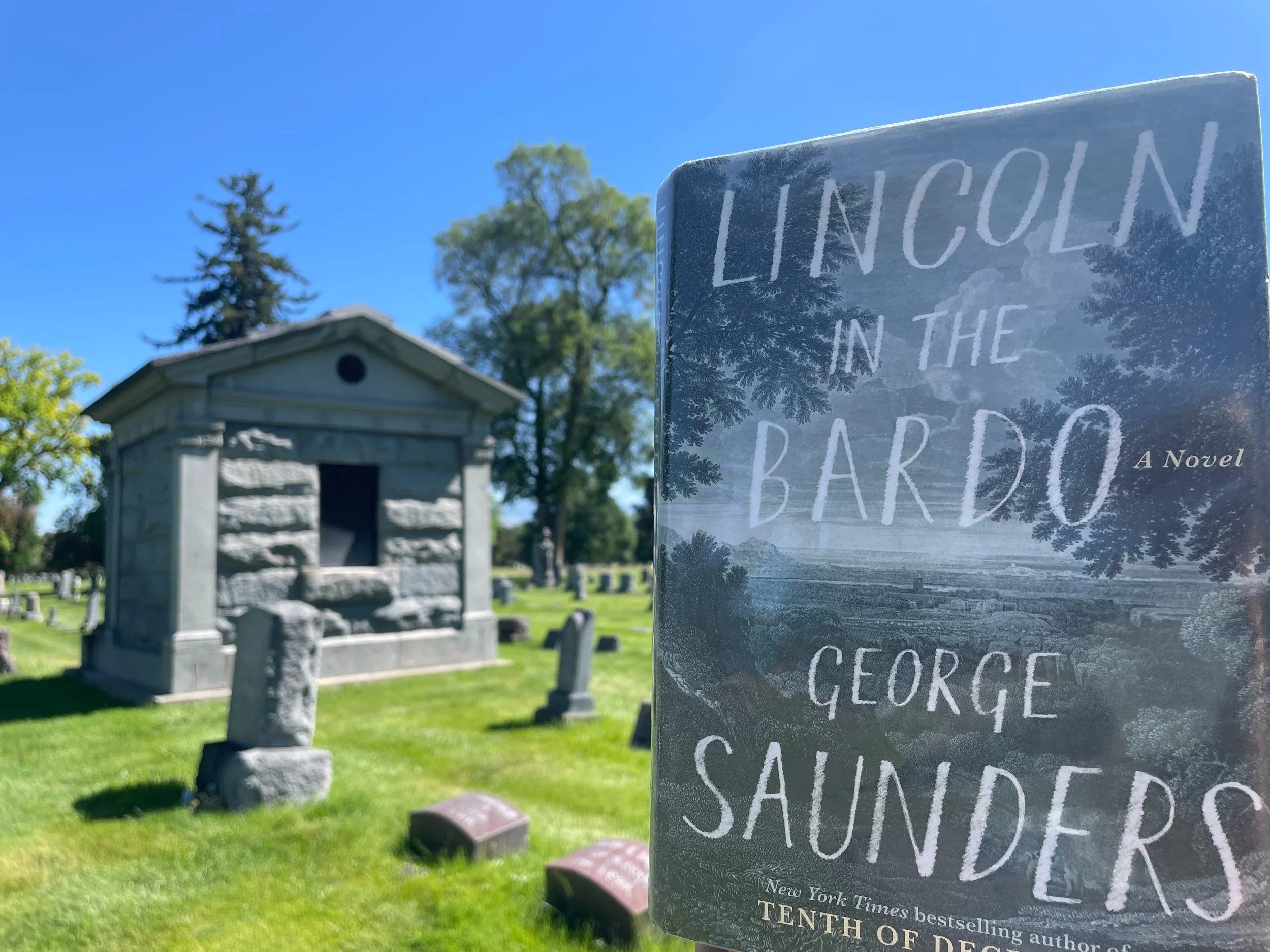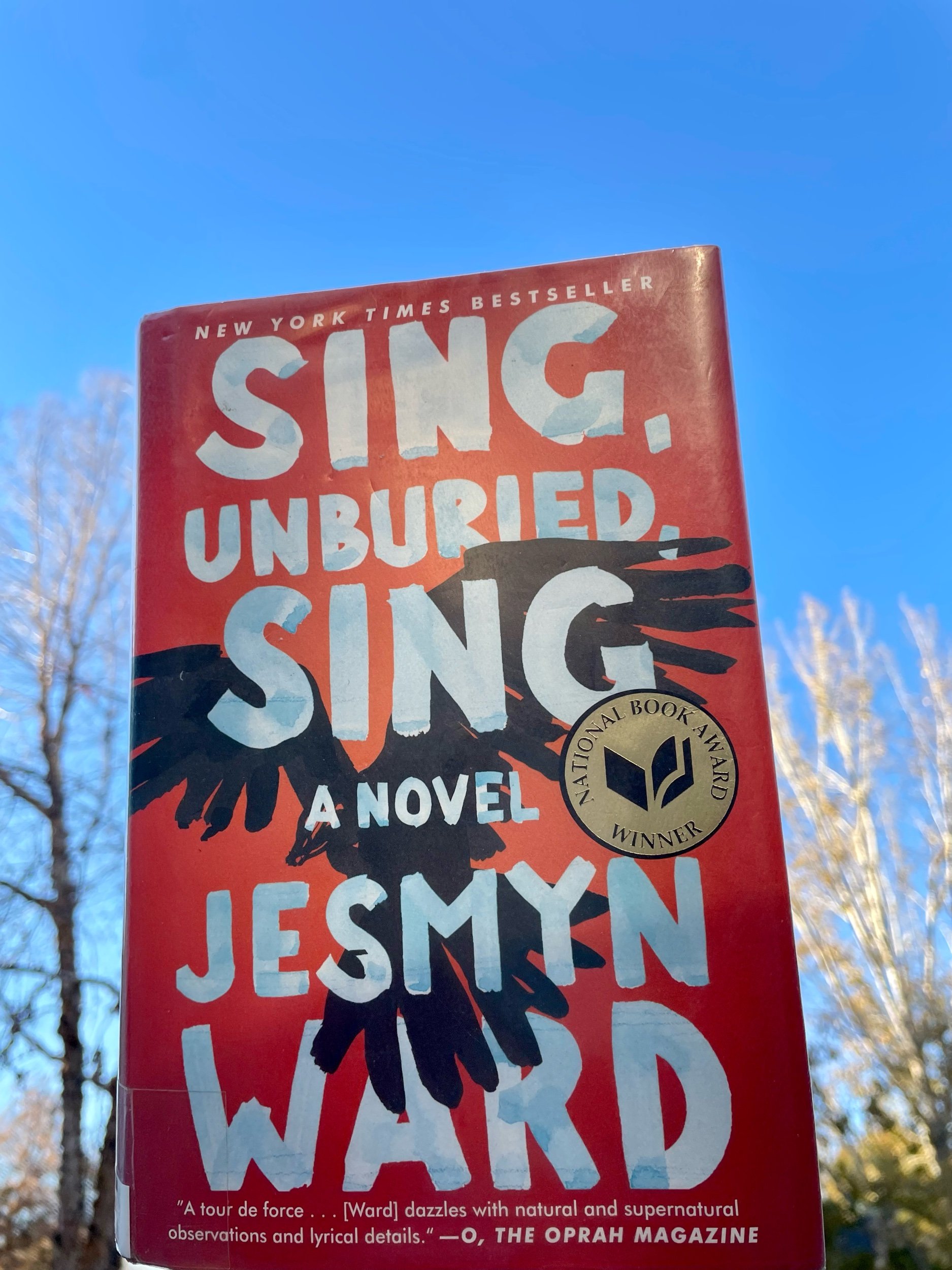The Lincoln Highway
There are many ways to tell a story and many ways to construct a hero. Amor Towles’s most recent novel The Lincoln Highway (2021) certainly plays with how a story might unfold and who readers identify as its star(s). His previous two novels focus on specific protagonists and take place over different time periods—Rules of Civility (2011) is an older woman’s retelling of one year in her life thirty years prior and A Gentleman in Moscow (2016) is one man’s story told chronologically over the course of thirty years. The Lincoln Highway takes an altogether different approach both in terms of characters and telling. The story begins en media res, or in the middle of things as its youngest character, Billy, explains in one of the story’s many metafictional moments. The novel, all 576 pages, then proceeds to count down from ten to one, inversely corresponding to the days over which the story develops. What’s more, unlike Towles’s previous two novels, The Lincoln Highway, consists of chapters that correspond with a day, but include a patchwork of sections with each chapter that bounce between the perspectives of its many main characters, presenting some in first person, most in third. Thus, The Lincoln Highway emerges as a work that unravels the many layers of how to tell a story, who gets to tell it, and who has the honor of being its hero or villain.
Set over ten days in late June of 1954, The Lincoln Highway focuses on its characters and the human interactions at the heart of the story more than the setting, despite the novel’s title. The Lincoln Highway, comes to life with a cast of fantastic characters from across the USA: Brothers, Emmett and Billy Watson, along with their neighbor, Sally, represent the Midwesterners; Wooly, Duchess, and Professor Abernathy hail from New York City; Ulysses and Pastor John ramble. They come from a cross-section of America, representing various socio-economic classes, backgrounds, and races. Yet, the story brings them all together, just as the Lincoln Highway, the nation’s first transcontinental highway enabled all Americans with access to a car the means to travel from coast to coast (New York to San Francisco).
Each of the seven characters between whose perspectives the novel leaps, searches for their own way forward, in pursuit of a future of their own making. Many of the characters exist at that critical moment in life where youth folds into adulthood, when the traditions and expectations of their parents and guardians might be shaken off and new ways embraced. Even the older characters, however, face decisive moments in which they may change their life path. Nearly all the characters are heroes, a la Joseph Campbell’s monomyth, on an epic quest of sorts. In fact, the heroic components of nearly every character are critical to The Lincoln Highway and its project. Like the heroes of old, each of them answers a call from home and must grapple with their own monsters in order to step into the futures they aspire to live.
While Towles certainly mixes historic components and events into this novel, The Lincoln Highway depends on the interplay between a diverse cast of characters, more than on a historic moment. In fact, as Billy points out, stories tend to repeat themselves despite the time and setting; and this is certainly a theme that emerges in this novel and makes it sparkle. It is the exchange between characters, transcendent of historical moment, in which the novel’s magic unfolds and heroes emerge in unlikely places.
Ultimately this is a novel that explores the overlap of the American Dream of self-determination and the classical concept of the hero. As such it portrays both hope and heartbreak. The reader will adore certain characters and perhaps loath others; and by the end, the reader attempts to answer the why of certain endings. This is a story about generally decent people from varied backgrounds who, like all of us, must endeavor to live the lives they wish to live.
Bibliography:
Towles, Amor. The Lincoln Highway. Viking: 2021.
A Few Great Passages:
“The wrongs you have done unto other will be bound to you in the form of guild, and the wrongs that others have done to you in the form of indignation. [. . . ] Only once you have freed yourself from both of these chains may you begin to live your life with love in your heart and serenity in your step” (91).
“Time is that which God uses to separate the idle from the industrious. For time is a mountain and upon seeing its steep incline, the idle will lie down among the lilies of the field and hope that someone passes by with a pitcher of lemonade. What the worthy endeavor requires is planning, effort, attentiveness, and the willingness to clean up” (103).
“’[O]ne thing I have learned is that there is just enough variety in human experience for every single person in a city the size of New York to feel with assurance that their experience is unique. And this is a wonderful thing. Because to aspire, to fall in love, to stumble as we do and yet soldier on, at some level we must believe that what we are going through has never been experienced quite as we have experienced it’” (423).






